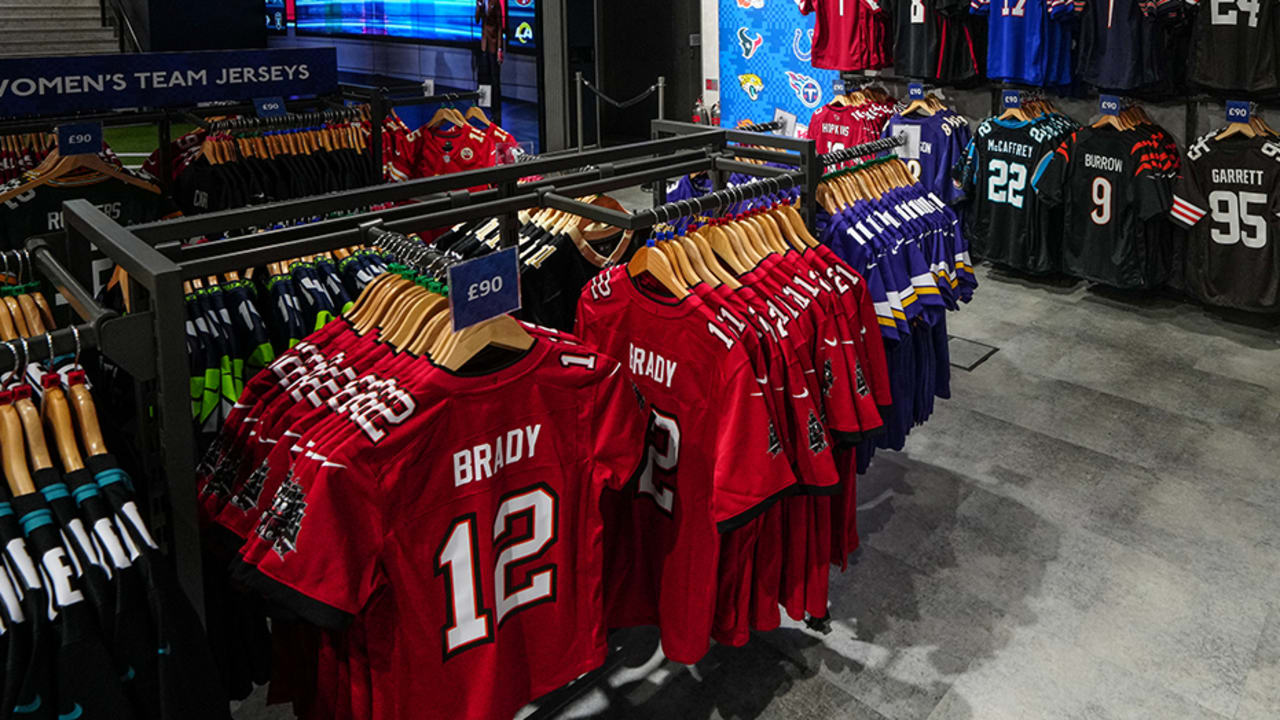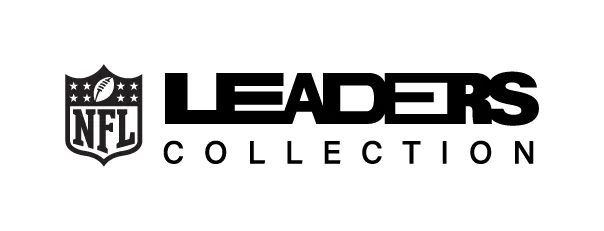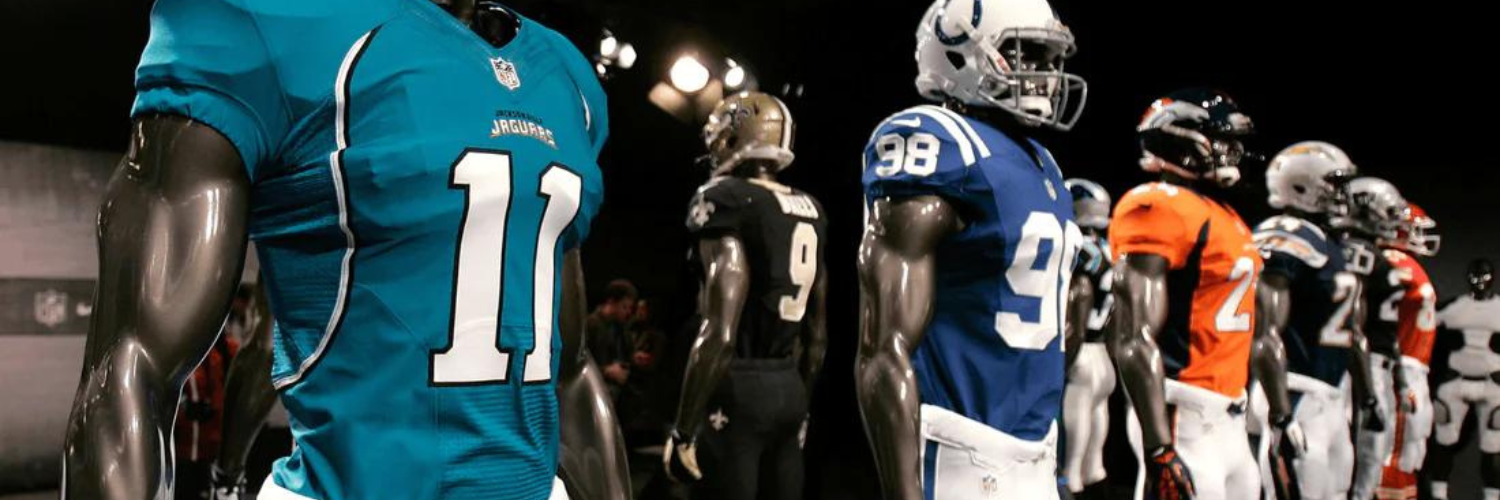Cashing In: A Guide to NFL Licensing
The National Football League (NFL) is a juggernaut in the world of professional sports, boasting a highly lucrative business model and an unparalleled merchandising empire. From jerseys to hats, the demand for NFL-branded merchandise is insatiable, making NFL licensing a lucrative opportunity for businesses seeking to tap into this multi-billion-dollar industry.
What is NFL Licensing?
NFL licensing is a process that grants companies the legal right to use official NFL trademarks such as team logos on products. The NFLPA licensing grants permissions in relation to NFL players specifically. This system is overseen by two entities: the NFL itself and the NFL Players Association (NFLPA), which represents the rights of NFL players.
An official NFLPA license delivers rights for every active NFL player.
Assets include:
- Name
- Number
- Likeness
- Signature
- Voice
How to Become Officially Licensed by the NFL
Becoming an officially licensed NFL vendor is no small feat. The process begins with a pre-qualification stage, where potential licensees must submit a comprehensive business plan and demonstrate their manufacturing capabilities, financial stability, and commitment to quality control.
The NFL closely scrutinizes each application, considering factors such as the company’s track record, product ideas, and potential to uphold the league’s brand integrity. For those interested in using player names and likenesses, a separate licensing agreement with the NFLPA is required.

Steps to Become an NFL Vendor
- Gain three years of manufacturing experience. The NFL only grants vendor licenses to manufacturers, not middlemen or distributors.
- Secure a minimum of $100,000 to meet the royalty guarantee required by the NFL. The NFL requires licensed manufacturers to pay 100 percent of the royalty guarantee every year.
- Get comprehensive commercial general liability policy worth $3 million per occurrence and $6 million on the aggregate.
- Apply for prequalification to become an NFL licensed vendor. Application can be found online: HERE.
- Submit other business documentation with your prequalification application. The NFL requires potential vendors to submit two years of audited financial statements and tax returns, an annual report and a credit reference from a financial institution.
How Hard is it to Get NFL Licensing Rights?
Competition for NFL licensing rights is fierce, with countless businesses vying for a piece of the lucrative merchandising pie. To stand out, applicants must present a compelling business plan, unique product ideas, and a proven ability to meet the NFL’s stringent quality standards.

Smaller businesses may face additional hurdles, such as limited manufacturing capabilities or financial resources, but the NFL has a proven track record of working with companies of all sizes, provided they meet the necessary criteria.
How Much Does it Cost to Get NFL licensing? More on NFL Royalty Rates
Securing an NFL license comes at a cost. Successful applicants are required to pay royalty rates, which are typically a percentage of sales revenue earned from licensed products. Additionally, the NFL may require a minimum annual royalty guarantee, ensuring a steady stream of revenue regardless of sales performance.
NFL vendors pay an average royalty rate ranging from 10.3% to 10.5% as a percent of product sales. Plus, 100% royalty guarantee yearly at a minimum of $100,000.
Beyond royalties, licensees should be prepared to cover additional costs, such as application fees and insurance premiums, to protect the NFL’s intellectual property.
Notable Companies with Official NFL Licensing Deals
Some of the world’s most recognizable brands have secured official NFL licensing deals, including Nike, Fanatics, and Outerstuff. These partnerships allow these companies to produce a wide range of NFL-branded merchandise, from jerseys and apparel to collectibles and accessories, catering to the diverse needs of football fans worldwide.
Is NFL Licensing Right for Your Business?
Understanding NFL licensing can be a bit complex, but the potential rewards for successful licensees are substantial. From leveraging the league’s immense popularity to tapping into a dedicated consumer base, an NFL licensing deal can open doors to new markets and revenue streams.
For those unable to secure official licensing, alternative options exist, such as producing unofficial merchandise that avoids infringing on NFL trademarks. However, these products are subject to limitations and may not carry the same flair as officially licensed goods.
Ultimately, the decision to pursue NFL licensing should be carefully weighed, considering factors such as business objectives, resources, and long-term growth strategies. Conducting thorough research and seeking professional guidance can help ensure a well-informed decision and a successful entry into the lucrative world of NFL merchandising.

